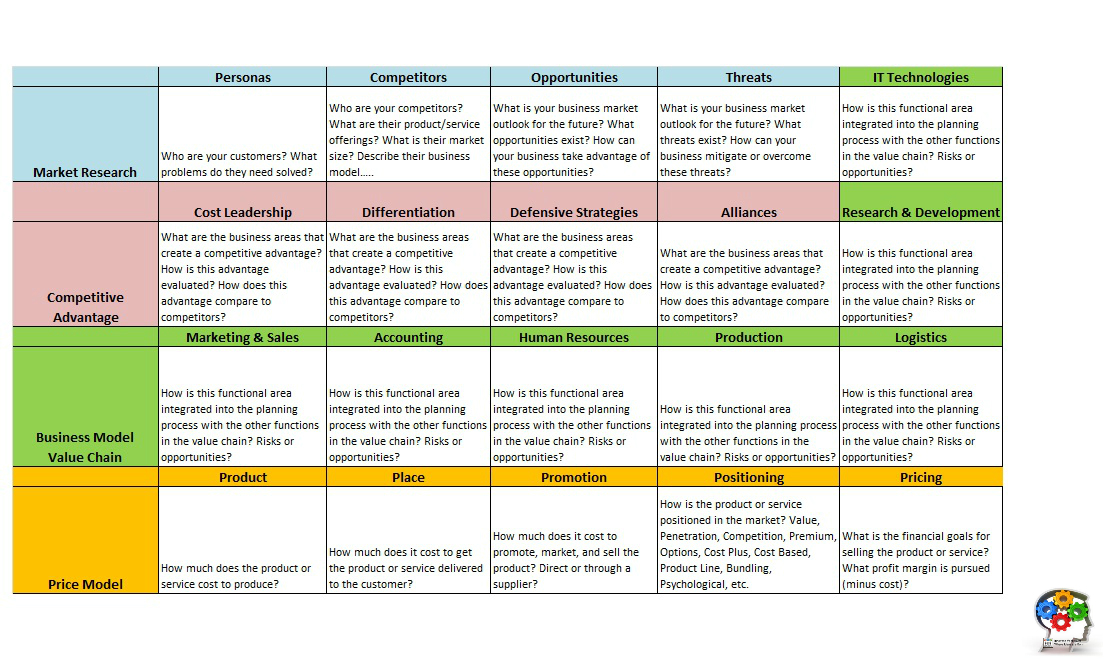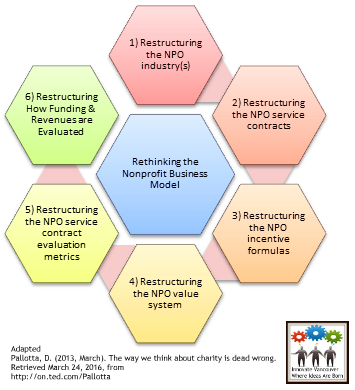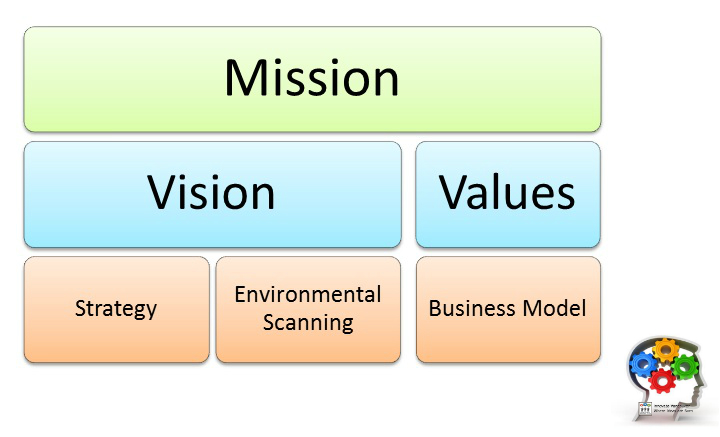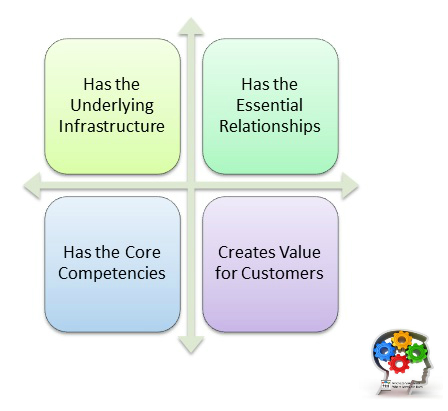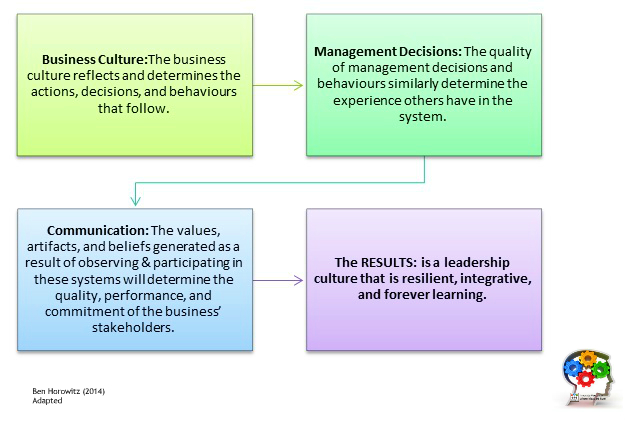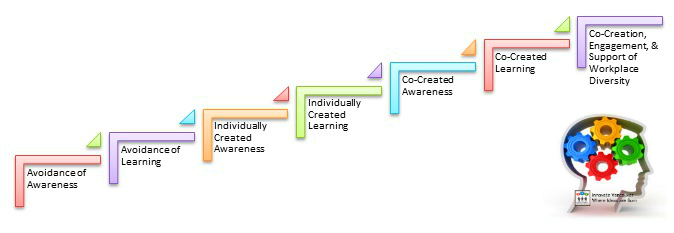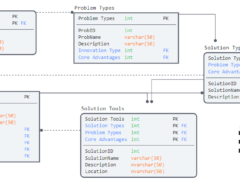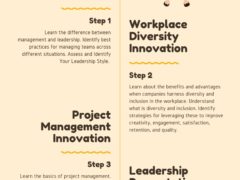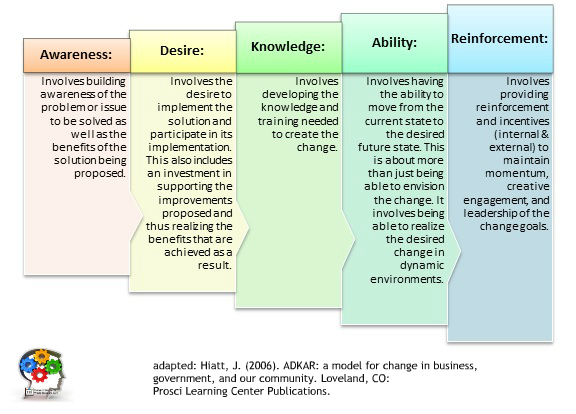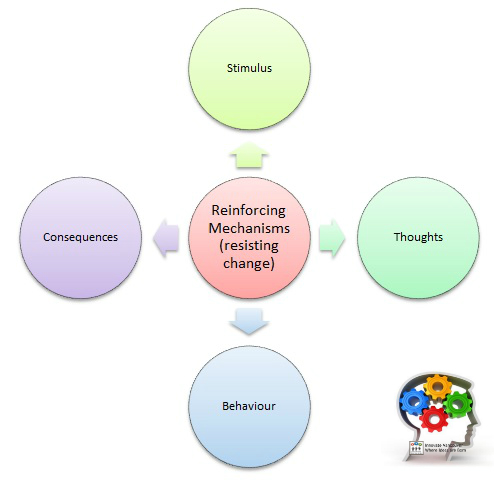
Innovate with the Behaviour Change Canvas Framework
Toxic business cultures resist behaviour change due to the abundant supply of reinforcing mechanisms that keep up unhealthy behaviours and…

Steps to Transform Your Nonprofit Business Strategy
In a recent TED Talk, Pallotta contends that nonprofit business models should use the same business model tools. They should…

Why Your Mission Statement is a Key Business Hypothesis
The organization’s mission statement represents the organizations best guess of how to best serve their target customers. The mission statement…

Growth Management Strategies for Aspiring Empire Builders
[youtube=https://youtu.be/LQH8hSzWbeU] The risks of empire building are not always clear, particularly within the organization. The ability to introduce continual changes…

Ethical & Learning Organizations: Innovation History
Ben Horowitz provided a lecture at Stanford University in 2014 on a business model for an ethical & learning organization.…

Mastering Diversity: A Four Stage Approach for Success
In order to remain an effective, ethical, sustainable, and dynamic business a model to support workplace diversity is sorely needed.…

Innovation Competencies DNA: Your Path to Growth
When the customer recognizes the benefit of using your product or service offerings everyone benefits. Organizations who are able to…

